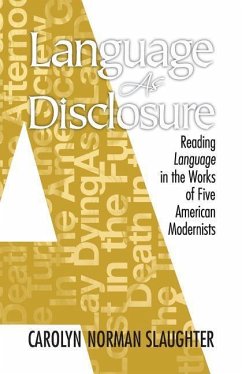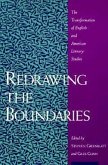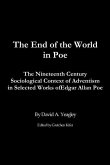Written in the 1980's, heyday of Deconstruction in university English Departments, Carolyn Norman Slaughter's study probes the ways that language "works" in the literature of a few American modernist authors. Slaughter's purpose is not to prove the futility and "meaning"lessness of language, as Deconstruction was striving to do at the time, but instead to recover the first-order importance and power of language, its radical effects, as set out in the philosophy of Martin Heidegger where language works to disclose, reveal, unfold (Erschließen). However, German philosopher Martin Heidegger (1889 -1976) seems an unlikely hero to introduce into the 21st Century. His 1930's Nazi stain (his misplaced hopes for and brief affiliation with the early Nazi movement ) and his mid-century ostracism from American and Continental literary studies during the Deconstruction period served to minimize or mute his influence during the last decades of the 20th Century. Moreover, his private "black notebooks," written from 1931 into the 70's, have recently come to light prompting yet another problematic re-assessment of his life and thought and legacy. Slaughter, however, remains undaunted. She has refocused her book. Minimizing the scholarly trappings, she presents "Heideggerian" readings of five familiar books that will inspire readers to reread the American works closely with clarity, intensity, and pleasure. Language As Disclosure could be beneficially read in college literature classes or in any reader's own personal armchair. In any case, its "disclosures" may work anew to reawaken and stir original human questions, to excite and energize the readers who can ask them.
Hinweis: Dieser Artikel kann nur an eine deutsche Lieferadresse ausgeliefert werden.
Hinweis: Dieser Artikel kann nur an eine deutsche Lieferadresse ausgeliefert werden.








